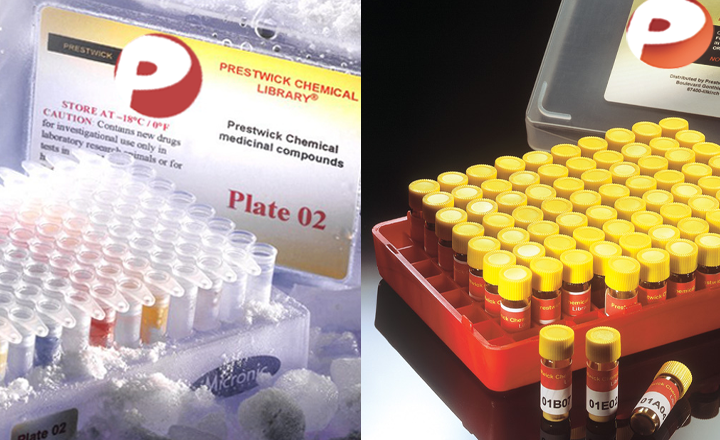Chlorambucil targets BRCA 1/2‐deficient tumours and counteracts PARP inhibitor resistance
Tacconi EM, Badie S, De Gregoriis G, Reisländer T, Lai X, Porru M, Folio C, Moore J, Kopp A, Baguña Torres J, Sneddon D, Green M, Dedic S, Lee JW, Batra AS, Rueda OM, Bruna A, Leonetti C, Caldas C, Cornelissen B, Brino L, Ryan A, Biroccio A, Tarsounas M
EMBO Molecular Medicine - vol. 11 1-16 (2019)
EMBO Molecular Medicine
© 2019 The Authors. Published under the terms of the CC BY 4.0 license Due to compromised homologous recombination (HR) repair, BRCA1- and BRCA2-mutated tumours accumulate DNA damage and genomic rearrangements conducive of tumour progression. To identify drugs that target specifically BRCA2-deficient cells, we screened a chemical library containing compounds in clinical use. The top hit was chlorambucil, a bifunctional alkylating agent used for the treatment of chronic lymphocytic leukaemia (CLL). We establish that chlorambucil is specifically toxic to BRCA1/2-deficient cells, including olaparib-resistant and cisplatin-resistant ones, suggesting the potential clinical use of chlorambucil against disease which has become resistant to these drugs. Additionally, chlorambucil eradicates BRCA2-deficient xenografts and inhibits growth of olaparib-resistant patient-derived tumour xenografts (PDTXs). We demonstrate that chlorambucil inflicts replication-associated DNA double-strand breaks (DSBs), similarly to cisplatin, and we identify ATR, FANCD2 and the SNM1A nuclease as determinants of sensitivity to both drugs. Importantly, chlorambucil is substantially less toxic to normal cells and tissues in vitro and in vivo relative to cisplatin. Because chlorambucil and cisplatin are equally effective inhibitors of BRCA2-compromised tumours, our results indicate that chlorambucil has a higher therapeutic index than cisplatin in targeting BRCA-deficient tumours.


